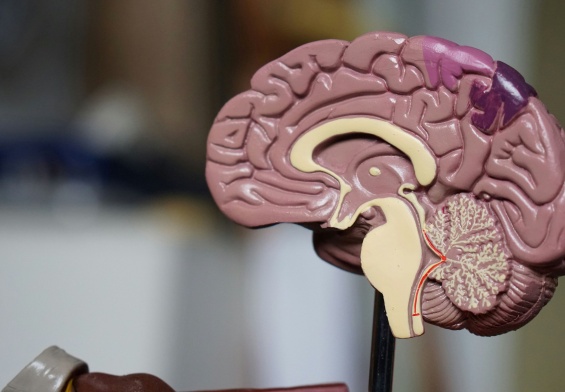While it’s relatively new as an academic subject, lifestyle medicine essentially promotes much of what we already regard as good advice on healthy living. Since lifestyle and behavior are well-known as major causes of chronic disease, lifestyle medicine focuses on the kind of information that life coaches, nutritional therapists, and health and wellness experts have been telling us for years. The key is to know the difference between positive and negative lifestyle factors and how to choose those that will lead to healthy lifestyle habits.
How Does Lifestyle Medicine Heal?
Lifestyle medicine revolves around the concept that the body can heal itself. For this reason, it uses the holistic approach of treating both physical and mental systems to improve one’s health and well-being. Nevertheless, lifestyle medicine doesn’t necessarily eschew conventional medicine; in fact, it often works in conjunction with conventional or western medicine. Practitioners use lifestyle medicine to steer patients toward healthier practices. The idea is that the body can’t start to heal itself until it achieves its own base level of health.
In essence, lifestyle medicine treats the root causes of health issues. It tries to find out what gives rise to chronic conditions and solves those issues. For instance, finding ways to reduce stress to control insomnia would be a lifestyle medicine practice.
Because a great majority of healthcare in the U.S. is devoted to health issues resulting from poor lifestyle choices, there has been a renewed focus on preventative medicine. Lifestyle medicine is preventative in nature because it advocates for behavior changes that cut down on unhealthy habits and promote positive ones.
How to Begin
A practitioner of lifestyle medicine will usually begin by looking at the following areas:
- Allergy Testing – Because allergies to food or medications can cause lasting medical problems, a healthcare practitioner will usually test for certain allergies to cut them out of a patient’s diet.
- Food sensitivity –If a patient’s system is intolerant to common food ingredients, they might cause symptoms in the body that inhibit normal function. If these food items remain in a person’s diet, their body will continue to fight inflammation and have difficulty digesting.
- Dietary changes – A big part of lifestyle medicine deals with getting rid of toxins, excess sugars, and processed food from one’s diet in favor of plant-based, organic whole foods.
What Are the Main Tenets of Lifestyle Medicine?
The 6 main tenets of lifestyle medicine include the following:
- Stress – Stress can affect people in different ways, but lifestyle medicine is all about teaching people to be more positive and to focus on meaningful relationships. Stress management practices like meditation or yoga or attending therapy help the physical body as well as the emotional part. If not managed, stress can cause depression and chronic disease. However, practicing positive psychology can help reduce stress.
- Nutrition – Because lifestyle medicine views food as medicine, it emphasizes the value of improving one’s eating habits. Avoiding processed foods, refined sugars, and drinking water instead of soda is a necessary step. Adding more whole foods such as fruits, vegetables, whole grains, and beans is the next step towards healthy eating. The good news is that proper nutrition can reduce things like high blood pressure, high cholesterol, and obesity.
- Exercise – An active lifestyle is fundamental to embracing lifestyle medicine. Regular and consistent exercise that can be maintained throughout one’s life has been proven to improve mental and physical health. For this reason, lifestyle medicine emphasizes the importance of being active by sitting less and moving more.
- Sleep – A good night’s sleep can lessen stress, reset our minds, and regulate our appetites. Conversely, a lack of sleep can lead to a compromised immune system. It can also lead us to unhealthy behaviors like ingesting sugary drinks for a quick jolt of energy.
- Substance Abuse – It is no secret that addictive substances are harmful to the body and can increase the risk for cancers and heart disease. Avoiding cigarettes and other harmful substances and limiting alcohol intake is a must for healthy living.
- Relationships – To maintain healthy behaviors, people need to develop healthy, meaningful relationships. Social connectedness is integral to emotional resiliency. Indeed, studies show that isolation is associated with higher mortality. For this reason, lifestyle medicine looks at a patient’s home and community environment as a way to improve their overall health.

Lifestyle medicine examines each one of these areas in an effort to educate patients about healthy behaviors and better lifestyle choices. Clearly, lifestyle medicine isn’t one path but a multi-pronged approach to achieving health and wellness. For this reason, many healthcare professionals are embracing it as a means to prevent disease and promote good health.




